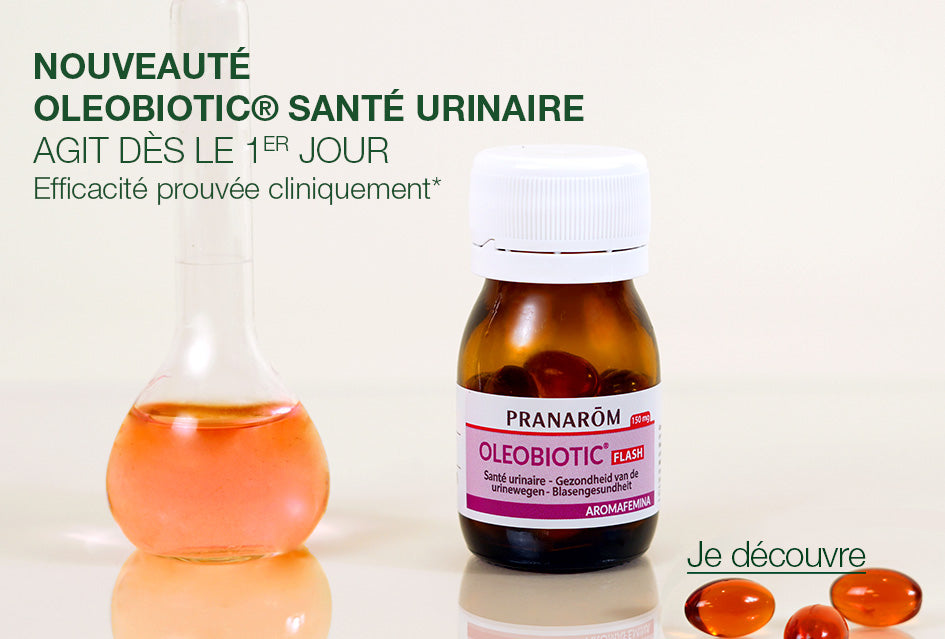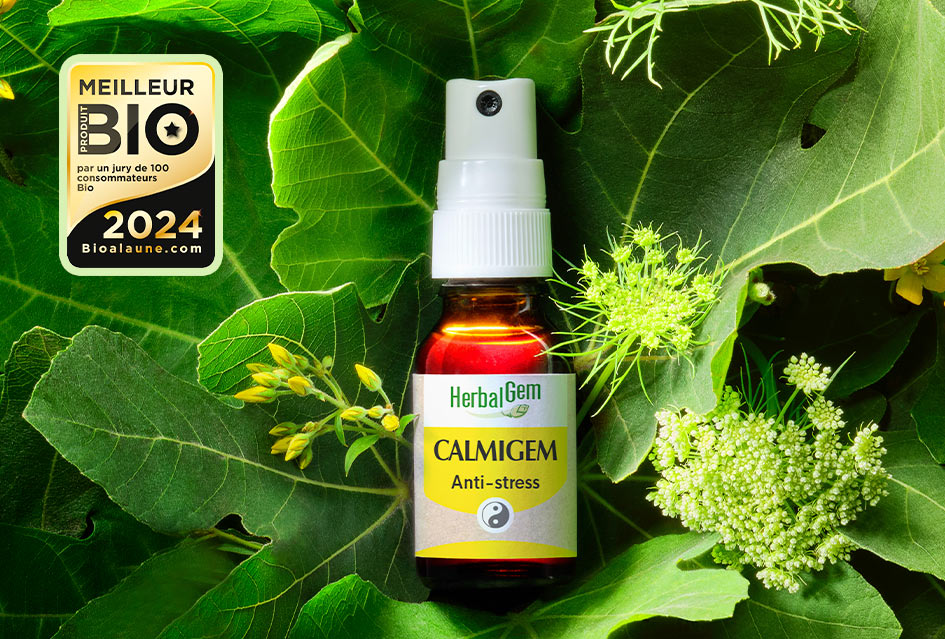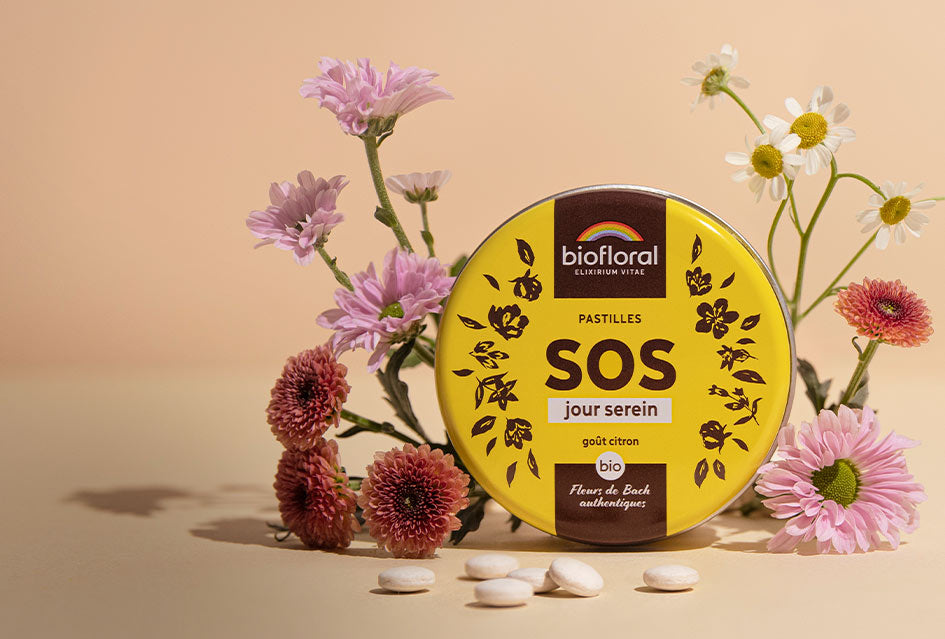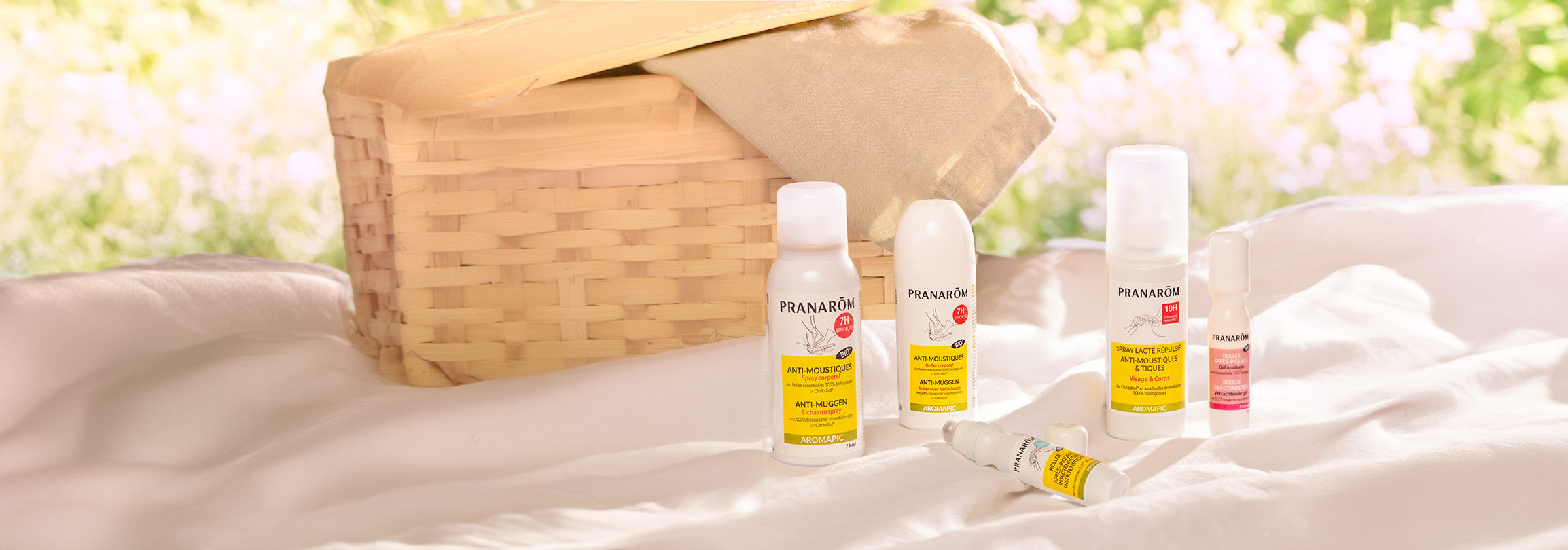Catherine Cianci is a Belgian reporter-anthropologist. She became known thanks to her famous project "Terre d'Aroma", a world tour of aromatherapy. You were able to find her throughout spring 2012 in free conferences with Pranarôm.
Catherine Cianci gave us her impressions of this exciting adventure in a discovery interview.
Catherine Cianci, you have completed a “world tour of Aromatherapy”. What were your initial motivations?
After a few years in social and humanitarian work, I had not yet managed to find my fulfillment. I then questioned myself about what drives me and what makes me vibrate. Obviously, I wanted to do documentary and photography again because that was the basis of my training. While exploring themed world tour sites, I decided to take an aromatherapy world tour. My goal was to put human faces on aromatherapy, which we were talking about more and more. Meet players in aromatherapy and the world of essential oils. Give them the opportunity to share their experiences. My entire trip was built on meetings with professionals. I carried out interviews and photos with producers, distillers and therapists, but I also investigated social projects linked to oils. In total, I experienced 15 wonderful months discovering the people who practice aromatherapy today.
How do you use Essential Oils personally?
I have always used essential oils both curatively and preventatively. For my world tour, I chose to only bring a natural first aid kit composed of oils and food supplements. In countries where hygienic conditions were poor, I took oils orally for prevention. And the only illness I contracted during my trip was the flu following a cold. I might as well tell you that I am convinced!
As an anthropologist, what are some of the things that you have noticed during your journey into man's relationship with aromatic plants and aromatherapy?
I realized that while many cultures use aromatic plants, essential oils are generally little known. In Madagascar , a major place for the production of essential oils, the local population uses little oils. In the bush, however, they widely use medicinal and aromatic plants. No doubt because the first health center is sometimes hours away on foot. In communities, people tend to use aromatic plants as decoctions or herbal teas. In India , the cradle of Ayurveda, there is a long tradition of aromatic plants but they are mostly transformed into soaps, powders, tablets or directly incorporated into meals. Distillation techniques are not part of Indian culture. However, just like in Madagascar, the local population is starting to discover and use them. At the same time, local producers learned the techniques and started distilling. A country that I found very interesting in terms of traditional medicine is Thailand . The Ministry of Health has set up working groups to think about how to promote traditional medicine. In several hospitals in Chiang Mai (north of the country), the patient can choose to be treated with allopathy or natural medicine, or even combine the two.
You noted an interesting development during your visit to Australia. For what ?
Australia is more of a consumer country than a producer country, even if it is famous for its tea tree oil. When I was there, I had the feeling that Australia was going through a big change : the establishment of aromatic medicine. In this part of the world, it is aromatherapy according to the English school which is mainly taught. One of the big differences with aromatherapy according to the French school is that the oils are not administered orally. Until recently, it was forbidden for a therapist to prescribe oils orally. Many therapists have fought to change this situation. Oral administration is now taught in aromatherapy schools. In the same spirit, certain aromatherapy treatments have recently been reimbursed by social security provided that the practitioner is affiliated with a natural medicine association.
What have you gained from your extended stays with farmers?
One thing caught my attention during my trip. In all the countries where I met producers or people who work the land, they all spoke to me about climate change . It rains when it should be dry, the rainy season is late in coming, etc. In Quebec, we experience a big heatwave in July and a winter that is too mild for the country. These disturbances were expressed throughout my trip.
Such a trip is a special experience. In a few words, what have you learned about life during this world tour?
Above all, I learned to let go and take things more as they come. I am stubborn by nature and when I have goals in mind, I do everything possible to achieve them. This last aspect has not changed but I do it with more peace of mind, flexibility and less stress. I also learned to stop stressing when the things I had planned didn't fall into place. Most of the time, they gave way to encounters or opportunities that I had not initially imagined. Since my trip, I have taken a different look at my life, I enjoy what I have and what I do much more. I also live more in the present moment.
Thank you Catherine, and well done!





